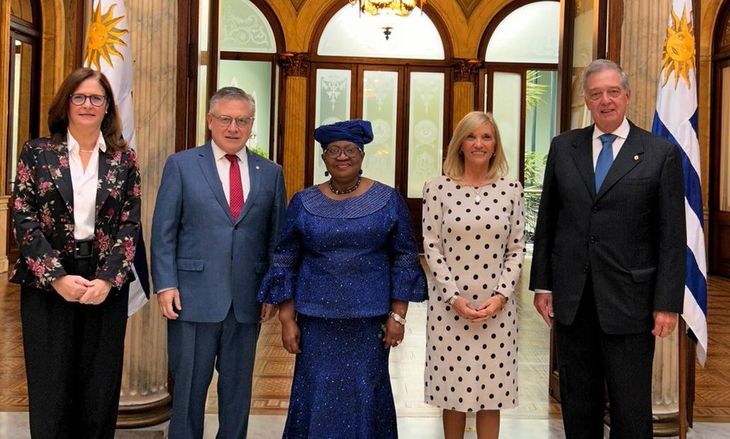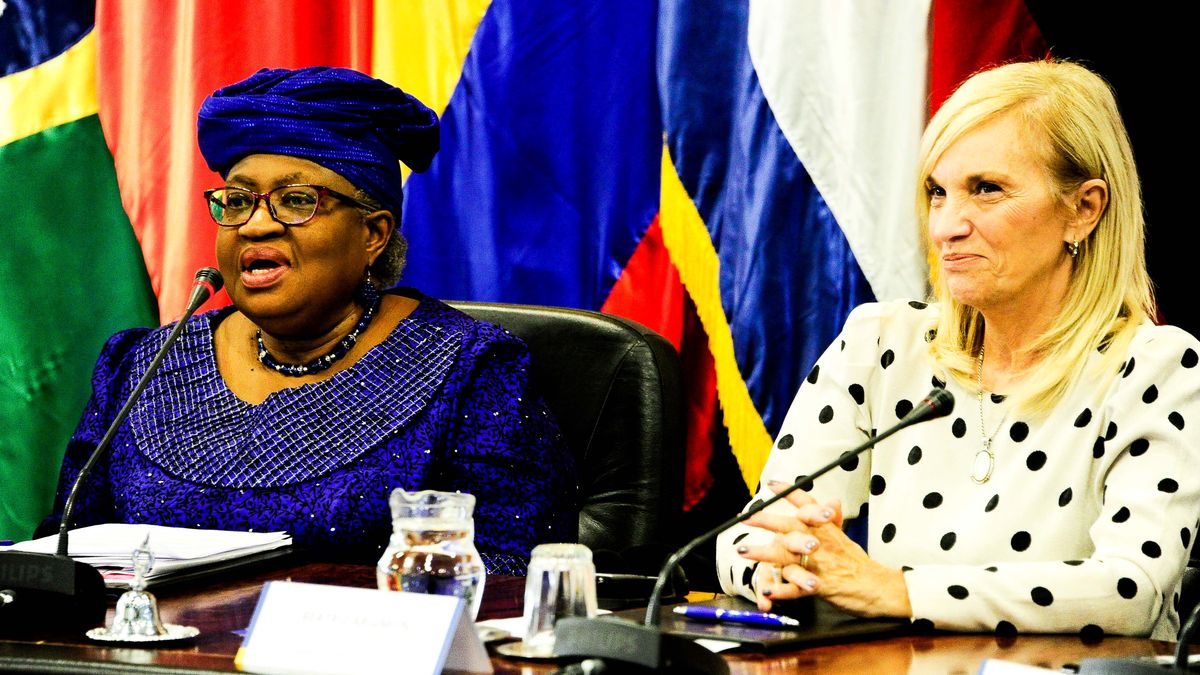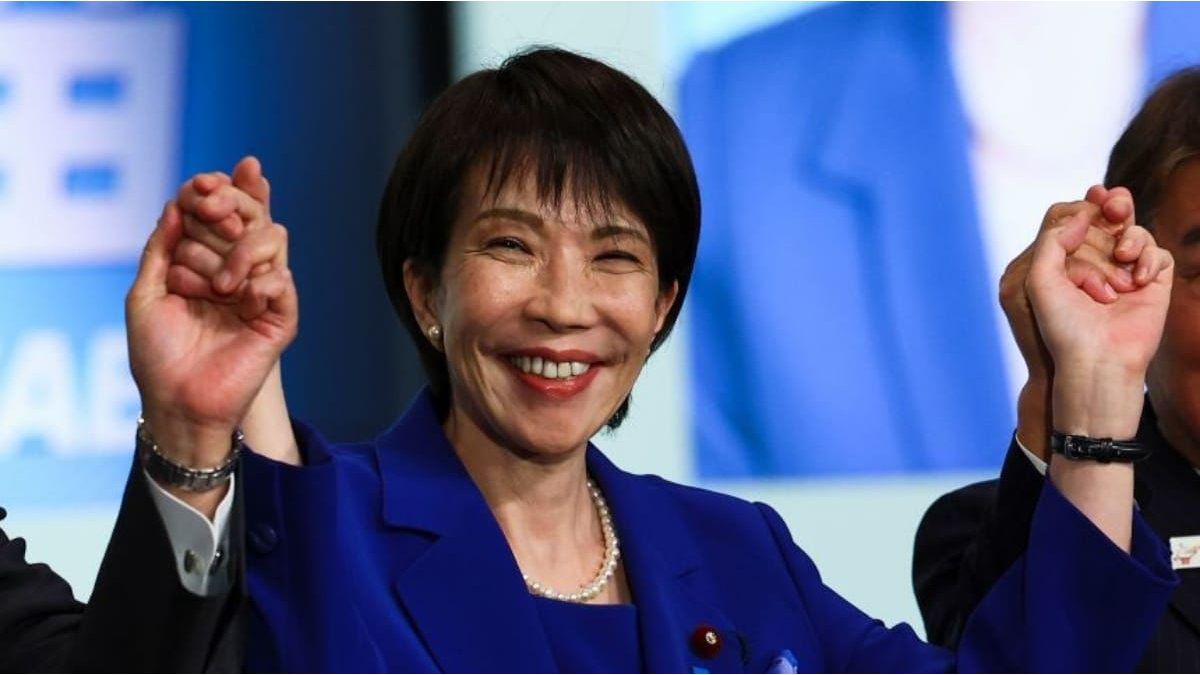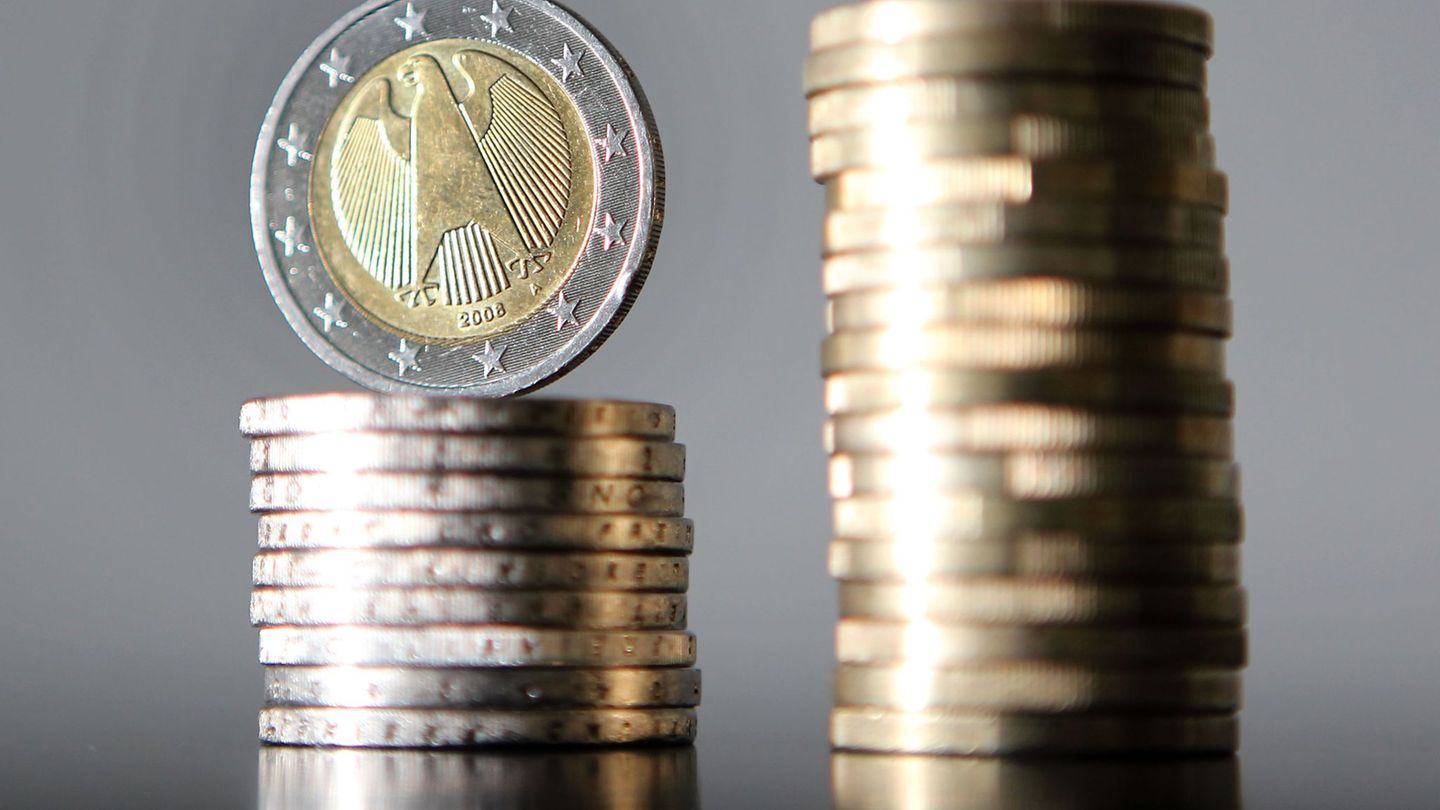Ngozi Okonjo-Iweala discussed the challenges of multilateralism and the drive for sustainability during his visit to Uruguay.
The president of the World Trade Organization (WTO), Ngozi Okonjo-Iweala, spoke out against “the protectionism of large countries” and called for “reimagining globalization” during a meeting of the Latin American Integration Association (Aladi) in Uruguay, in which the vice president participated Beatriz Argimon and the secretary general of the organization, Sergio Abreu.
The content you want to access is exclusive to subscribers.
Some of the axes of the meeting were the situation of the trade internationally, the challenges of multilateralism, trade in agricultural products, the promotion of sustainability, opportunities for the region, trade in services and new value chains.


The Committee of Representatives of the 13 member countries of Aladi received Okonjo-Iweala, within the framework of the 30th anniversary of the Marrakesh Declaration, which concluded the GATT Uruguay round and established the WTO. Previously, the leader held a meeting at the Santos Palace with Argimón and the Ministers of Foreign Affairs, Omar Paganini Industry, Energy and Mining, Elisa Facio; and Livestock, Agriculture and Fishing, Fernando Mattos.
In this framework, the world financial expert highlighted that the globalization lifted more than 1.5 billion people out of poverty, although it also “left many poor behind” and noted: “Now we face the protectionism and to the unilateral actions of large countries, some of which have already benefited from this system, and now say that globalization no longer works.”
For all this, he urged the region “not to abandon globalization now because we think they are overtaking us” and stated: “What we have to do is reimagine globalization.”
Elisa Facio, Omar Paganini, Ngozi, Beatriz Argimón, Fernando Mattos.jpg

Food safety
On the other hand, Okonjo-Iweala assured that on the agricultural issue “there was no progress and it is shameful, since food security is a big problem,” while pointing out that the agricultural sector It is essential for the economies of the region.
“We need to break off the negotiations to be able to lower the level of domestic aid. $630 billion in agricultural subsidies is not enough. We have to do something about it, work on market access,” he said.
Finally, he recalled that during the last two years progress was made in agreements such as the negotiations on harmful subsidies to fishing. “Cuba, Uruguay, Chile and Peru have ratified the agreement. So I need the rest to do it. It is important, because we do not want harmful subsidies that could encourage illegal fishing, undeclared and unregulated of our oceans,” concluded the director of the WTO.
Source: Ambito




